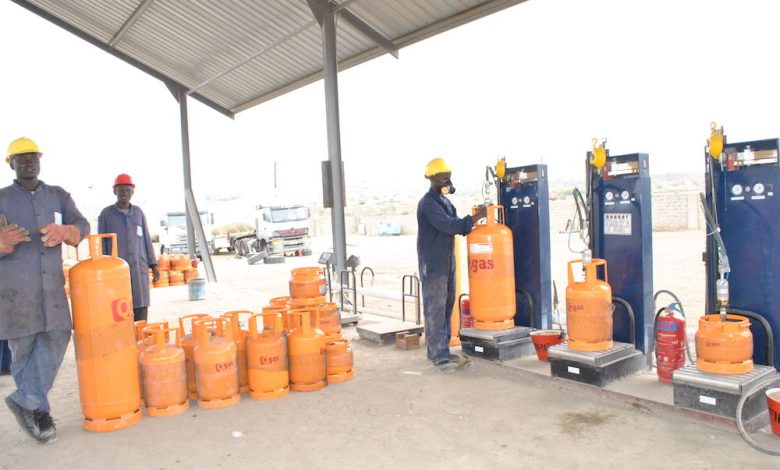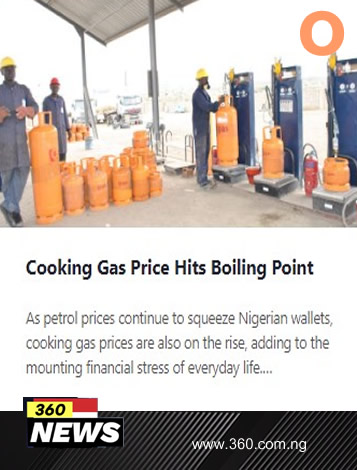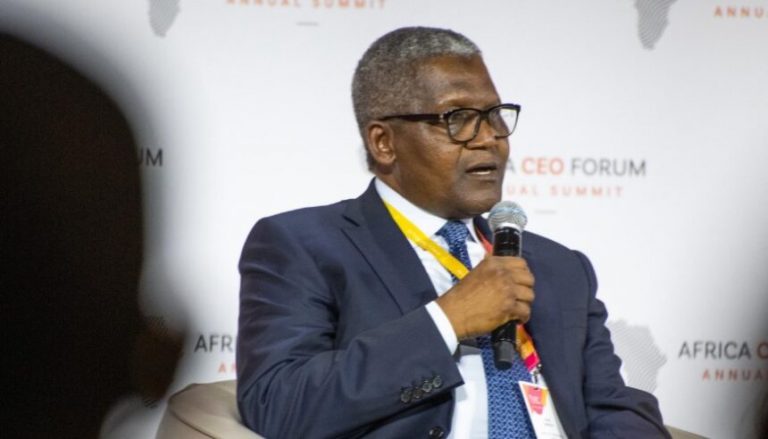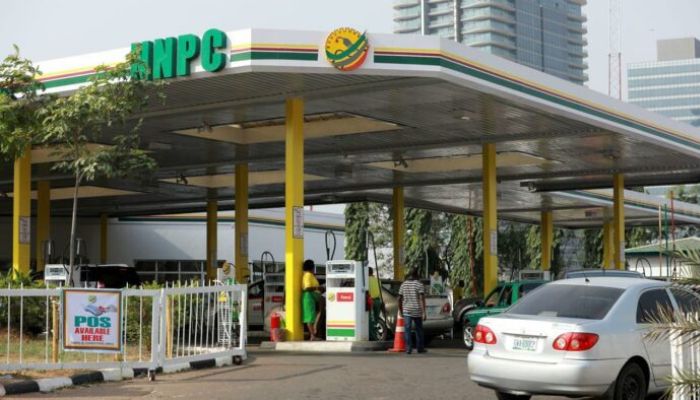Cooking Gas Price Hits Boiling Point

As petrol prices continue to squeeze Nigerian wallets, cooking gas prices are also on the rise, adding to the mounting financial stress of everyday life. A recent survey showed that in the Federal Capital Territory alone, prices have soared from N12,000 in July to a staggering N17,000 in October.
The culprit? A stark deficit in domestic gas production. Over 60 per cent of cooking gas consumed in Nigeria is imported, according to the Managing Director of NIPCO Plc, Suresh Kumar. He has called on the government to spur local refineries like Dangote to ramp up gas production and close the gap.
This surge in cooking gas prices couldn’t have come at a worse time. Nigeria’s economy is still reeling from the Covid-19 pandemic, with the unemployment rate reaching a record high of 33.3 per cent in the second quarter of 2024. With household budgets already stretched thin, many Nigerians are finding themselves in a desperate scramble to afford basic necessities like cooking gas.
The situation is particularly dire for those living in poverty, who may be forced to resort to less safe and more expensive alternatives like charcoal for cooking.
The cooking gas crisis isn’t just a passing inconvenience. It’s emblematic of a larger pattern of resource mismanagement and economic instability in Nigeria. The country has been grappling with infrastructure deficiencies and economic hardship for years, with little sign of improvement on the horizon.
The lack of domestic gas production is just one symptom of this larger problem. If Nigeria is to emerge from this crisis, it must address the root causes of its economic woes and invest in building a more resilient and sustainable future.
As Nigeria stares down the barrel of a looming gas crisis, the question on everyone’s mind is: what can be done to alleviate the burden on everyday citizens and steer the country towards a brighter future?
While quick fixes may be tempting, the long-term solution lies in fundamental changes to the country’s approach to resource management and economic development. This means investing in domestic gas production, diversifying the economy, and prioritizing the needs of the most vulnerable members of society.
In short, Nigeria must rise to the challenge and seize the opportunity to build a more prosperous and equitable future for all.
Referenece and Citations:
- Punch – Cooking Gas price jumps to 1500/kg
- PoliticNigeria – More hardship looms as cooking gas price jumps to all time high
- Thisdaylive – NLNG’s domestic LPG supply hits 3m metrics ton in 17 years as FG targets 5m MT
Picture News







